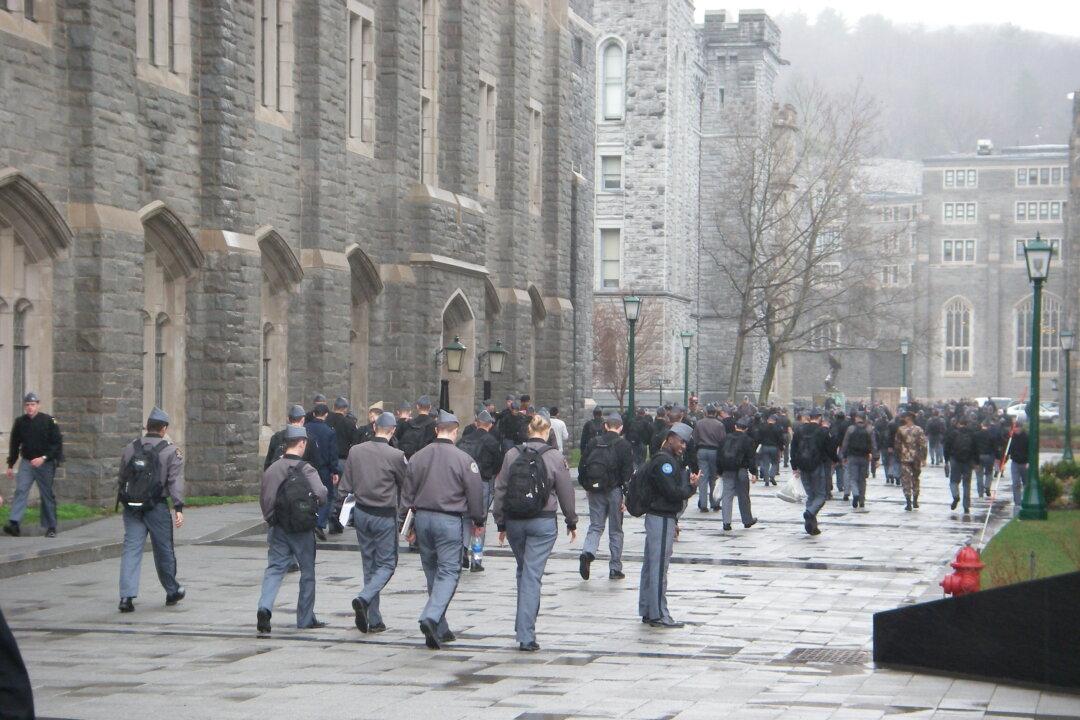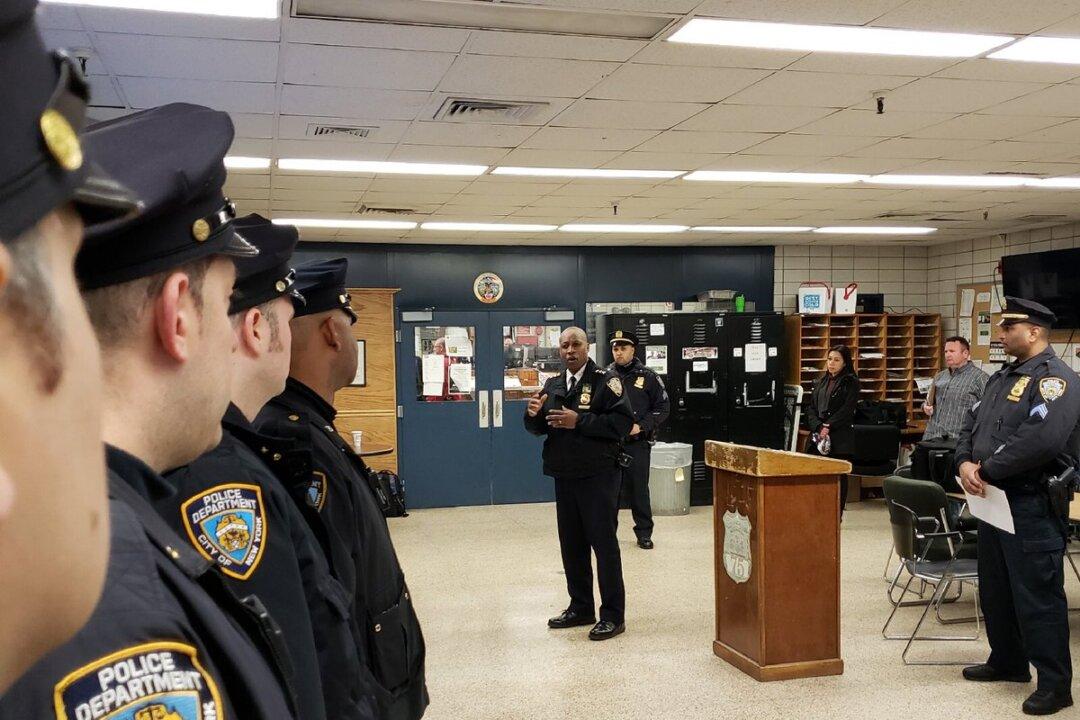Americans and all who appreciate our country must honor life lessons from the United States Military.
United States Military Academy
The cadet honor code of the United States Military Academy at West Point is engraved on marble in the center of campus:
“A cadet will not lie, cheat, steal, or tolerate those who do.”
Corrupt government officials and dishonest executives have been destructive to America’s character. Sports figures, entertainers, and even faith-based leaders compound the crisis. Lies take place continually under oath in courtrooms and through legal proceedings and are destructive to society, families, government, and companies.
Leadership principles from the ideals of the United States Military Academy are counter cultural wisdom to this crisis. America must learn from the honor code of West Point as well as from its motto, “Duty, Honor, Country,” to ignite a national transformation.
- Duty—perseverance to moral courage as the heart of responsibility.
- Honor—living and speaking truthfully and standing as a moral force against a culture of lies.
- Country—living with devotion to the ideals of America and its call to character.
World War II
During World War II over 400,000 Americans made the ultimate sacrifice to save civilization from tyranny.
One such American was U.S. Marine 2nd Lt. August Sacker Jr., who joined the Marines when he was 22 years old. After previously quitting high school, sacker went back to earn his diploma to meet Marine requirements.
Sacker was killed June 15, 1944, on the first day of the Battle of Saipan, one week after his 31st birthday. Six months prior, he was wounded in the Pacific theater and received the Purple Heart. After convalescence, Sacker requested deployment to the European theater but was sent back to the Pacific where he was killed.
I learned about Sacker after noticing his vintage World War II photograph in the living room of my neighbor Marie, his surviving sister who since then has also passed on. Marie inspired me by her devotion to her brother by visiting his grave on a monthly basis for over 40 years while she was healthy enough to do so.
Sacker is buried in Beverly National Cemetery, Beverly, N.J. His sister said, “Visiting the grave of my brother and remembering all who made the ultimate sacrifice reminds us of the enduring value of character that is America’s destiny.”
The Tomb of the Unknowns, Arlington National Cemetery
- The Tomb of the Unknowns has been guarded since July 2, 1937, for 24 hours per day, 365 days a year, in any weather by Tomb Sentinels.
- Each sentinel must learn Arlington’s history and the grave locations of nearly 300 veterans.
- Sentinels must meet rigorous requirements before earning the Tomb Guard Badge.
- After serving at the Tomb of the Unknowns for nine months, the Tomb Guard Badge becomes permanent and worn throughout a military career.
- Representing teamwork, there are three reliefs, one relief commander, and about six sentinels. Reliefs are organized by height for uniformity and rotate every hour during winter and every half-hour in summer.
- An impeccably uniformed relief commander appears on the plaza announcing the Changing of the Guard. He salutes the Tomb, and then faces the spectators requesting them to stand in silence during the ceremony.
- The Tomb Guard marches 21 steps, faces east for 21 seconds, turns and faces north for 21 seconds, then takes 21 steps down the mat and repeats the process. Twenty-one symbolizes the highest military honor, the 21-gun salute.






